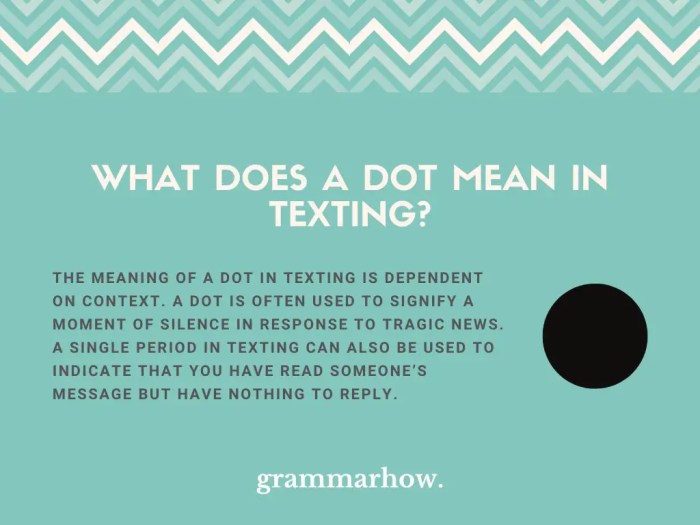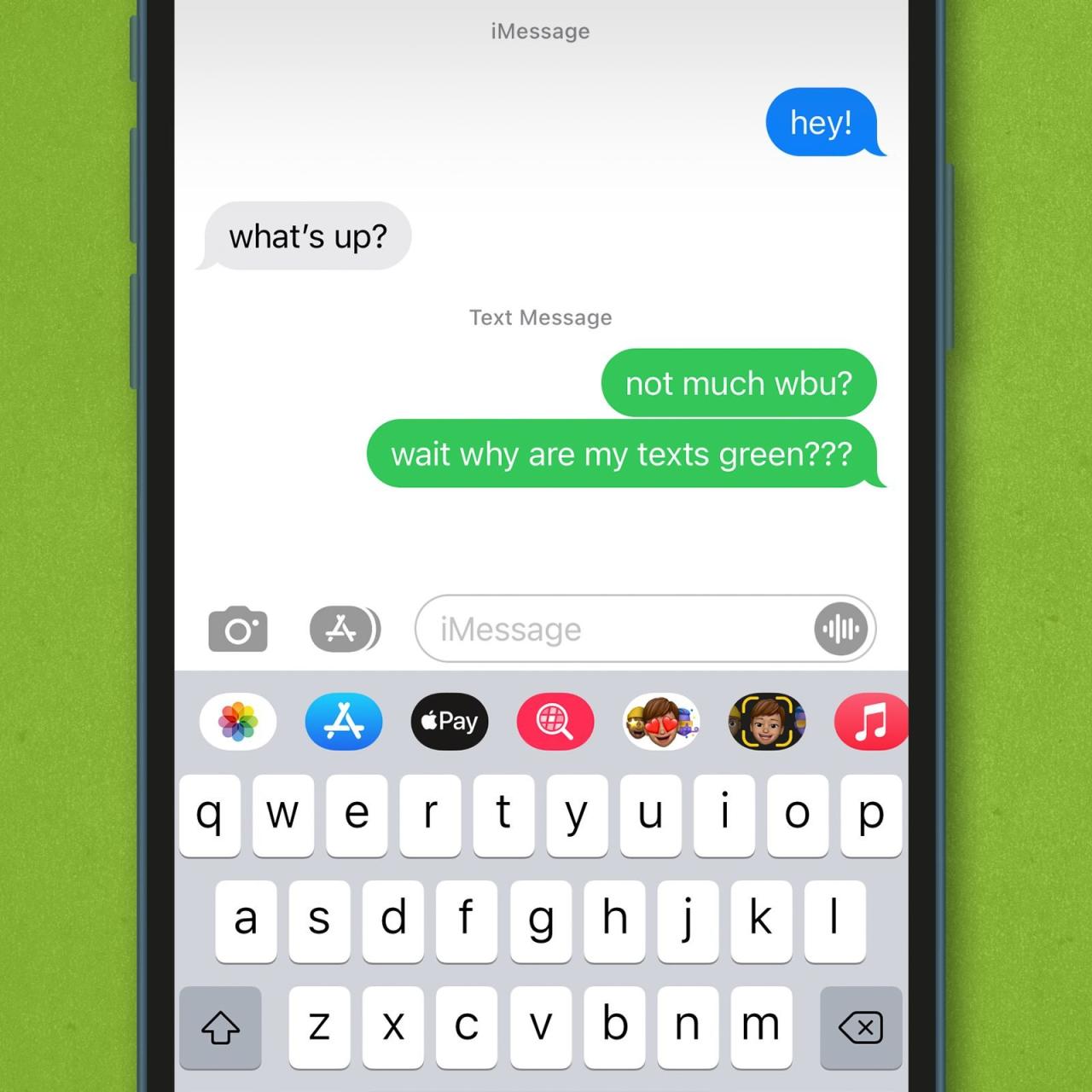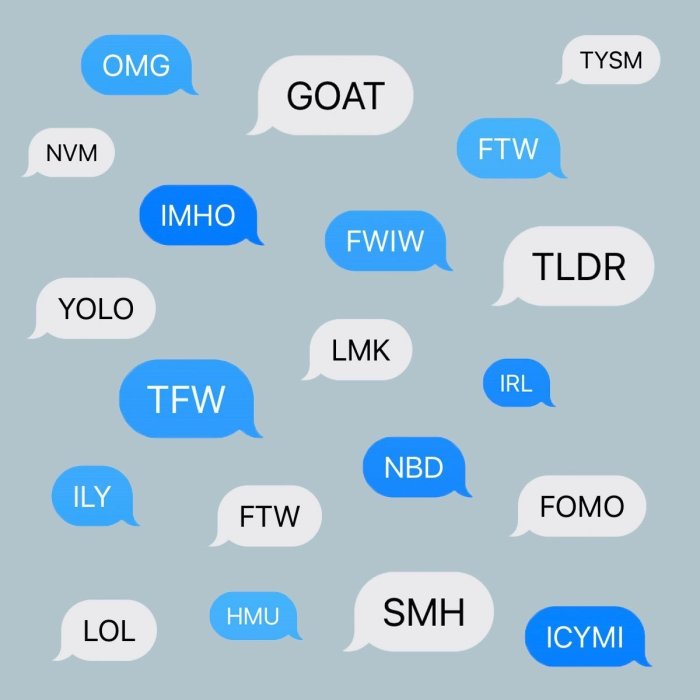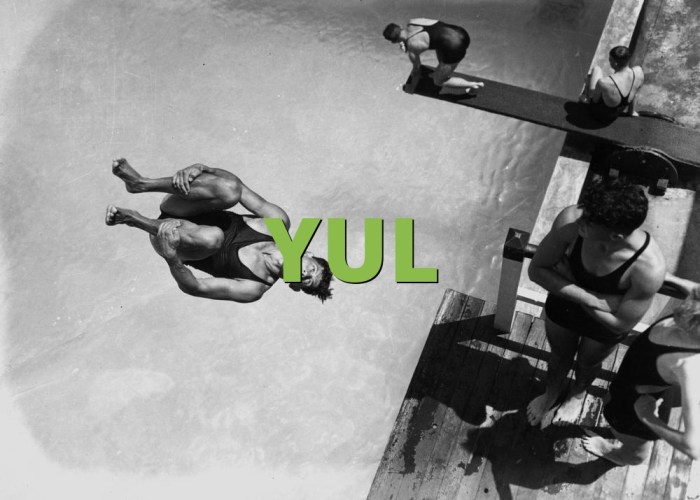What does yul mean in text – What does “YUL” mean in text? Dive into this comprehensive guide to uncover the intriguing world of this acronym, exploring its origins, variations, and diverse interpretations across various contexts. From its prevalence in text messaging to its cultural significance, this analysis delves into the multifaceted nature of “YUL,” providing a deeper understanding of its usage and implications.
Unveiling the secrets behind “YUL,” this guide unravels the complexities of its meanings, shedding light on its evolution and the factors that shape its interpretation. Discover how “YUL” transcends mere words, becoming a versatile tool for expressing emotions, conveying intentions, and navigating the nuances of digital communication.
Definition of “YUL”

The acronym “YUL” stands for the Montreal-Pierre Elliott Trudeau International Airport, the primary international airport serving Montreal, Quebec, Canada.
It was originally known as Dorval Airport, after the Montreal suburb where it is located, but was renamed in 2004 in honor of former Canadian Prime Minister Pierre Elliott Trudeau.
Common Usage in Text Messaging

In text messaging, “YUL” serves as a shorthand for “you love.” It’s a playful and affectionate way to express fondness or adoration towards someone in a casual setting.
Example Conversations
- Person A:Hey, I had a great time tonight! Person B:YUL too! 🙂
- Person A:I’m so proud of you for your accomplishment! Person B:Thanks, YUL so much! It means a lot.
Alternative Meanings
Beyond its primary definition, “YUL” can carry various alternative meanings depending on the context and the individuals involved in the conversation.
The interpretation of “YUL” may vary significantly based on the sender’s intent, the receiver’s perception, and the cultural or social context in which it is used.
Gaming and Online Communities, What does yul mean in text
Within the realm of gaming and online communities, “YUL” may be used as an acronym for “You Lose” or “You Lose, Loser.” It is often employed in a playful or competitive manner, indicating that the sender has emerged victorious in a game or activity.
Specific Individuals or Groups
In some cases, “YUL” may be used as a nickname or abbreviation for a particular person or group. This usage is typically limited to close-knit circles or specific communities where the individual or group is well-known.
Other Meanings
Additionally, “YUL” may occasionally be used to represent other concepts or ideas, such as “Yes, I Understand” or “You Are Lying.” However, these interpretations are less common and may vary depending on the context and the individuals involved.
Cultural Significance
In the realm of online communication, “YUL” has transcended its initial purpose as a mere acronym for “You’ll” and has evolved into a versatile cultural symbol. Its significance varies across communities and subcultures, carrying unique meanings and connotations.
YUL in Hip-Hop Culture
Within the vibrant hip-hop community, “YUL” has emerged as a slang term synonymous with the concept of “loyalty” or “solidarity.” Rappers often employ the term in their lyrics to convey a sense of camaraderie and unwavering support among members of their crews or posses.
Emojis and Emoticons: What Does Yul Mean In Text

Emojis and emoticons are often used alongside “YUL” in text messages to enhance or modify its meaning. These visual elements can convey emotions, tone, and context that may not be easily expressed through text alone.
Emojis
Emojis are small, digital images that represent a wide range of emotions, objects, and actions. When used with “YUL,” emojis can add visual emphasis or clarification to the message. For example, the “face with tears of joy” emoji can be used to indicate that the sender is laughing or finds something amusing, while the “thumbs up” emoji can be used to express approval or agreement.
Yul, in texting, usually refers to “you’ll” or “you will”. This slang is commonly used in informal conversations. Speaking of progress checks, did you know that the unit 6 apes progress check is now available? It’s a great way to assess your understanding of the unit’s concepts.
Don’t forget to check it out and see how you’re doing. Remember, practice makes perfect! So, keep using “yul” when appropriate in your texts, and don’t forget to review the unit 6 apes progress check to improve your understanding.
Emoticons
Emoticons are text-based representations of facial expressions and emotions. They are typically created using a combination of characters, such as the colon, semicolon, and parentheses. Emoticons can be used to convey a range of emotions, from happiness to sadness to surprise.
When used with “YUL,” emoticons can help to convey the sender’s tone or mood. For example, the emoticon “:D” can be used to indicate that the sender is happy or excited, while the emoticon “:((” can be used to indicate that the sender is sad or disappointed.
Table of Examples

Here’s a table showcasing diverse usage scenarios of “YUL” in various contexts:
| Context | Example |
|---|---|
| Text Message | “YUL wanna meet up for lunch?” |
| Social Media Post | “Heading to YUL for a weekend getaway! #travel #Montreal” |
| Travel Itinerary | “Day 1: Arrive at YUL (Montreal-Pierre Elliott Trudeau International Airport)” |
| Weather Forecast | “YUL: Sunny skies with a high of 25°C” |
| Airline Announcement |
Helpful Answers
Is “YUL” only used in text messaging?
While “YUL” is primarily associated with text messaging, it can also appear in other forms of digital communication, such as social media posts, online forums, and instant messaging.
What is the origin of “YUL”?
The exact origin of “YUL” is unknown, but it is believed to have emerged from online gaming communities as a way to express excitement or enthusiasm.
Can “YUL” have different meanings depending on the context?
Yes, the meaning of “YUL” can vary depending on the context in which it is used. For example, in some contexts, it may convey excitement, while in others, it may indicate sarcasm or disapproval.